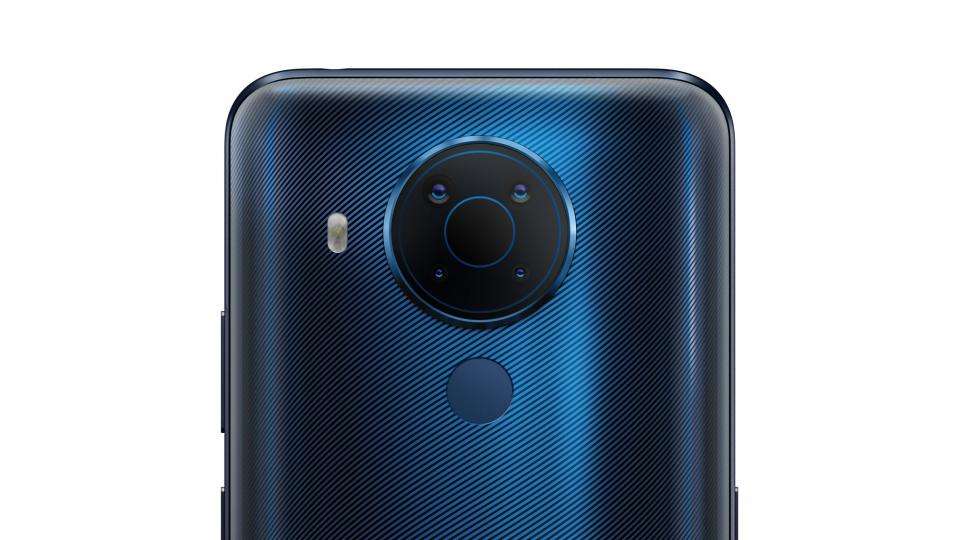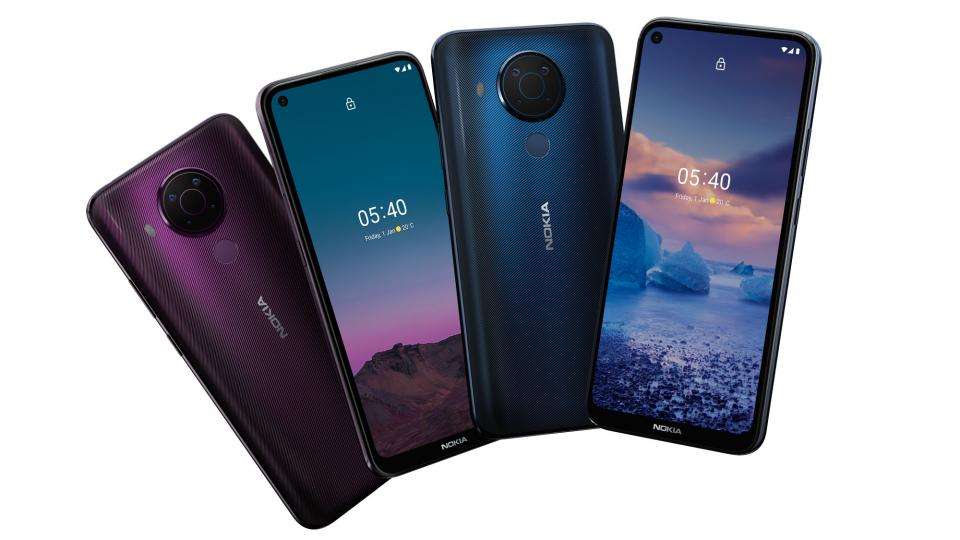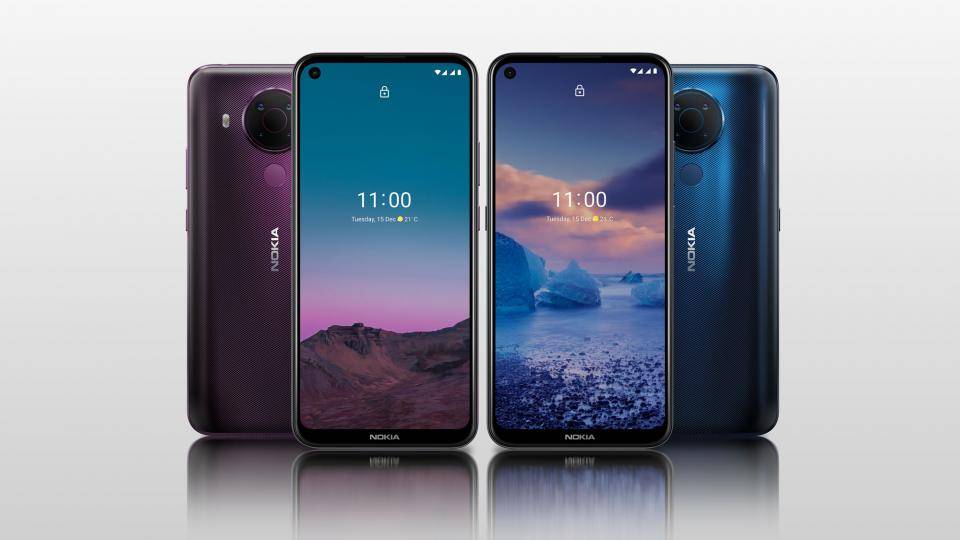The year might be rapidly coming to a close, but Nokia has managed to squeeze in yet another well-priced smartphone before 2021 officially kicks off. Once more setting its sights on lighter wallets, the Nokia 5.4 promises a handful of upgrades over its predecessor, but does it have enough to separate itself from its ever-bulging fleet of budget rivals?
READ NEXT: Best budget smartphones
While we sit twiddling our thumbs, waiting (impatiently) for a Nokia 5.4 to pass through our doors and deliver our final verdict, we’ve rounded up all of the key details including UK price, release date and specifications.
Nokia 5.4: Everything you need to know
Nokia 5.4: Release date: When can you buy one?
Just in time for Christmas, the Nokia 5.4 will be available from Nokia’s official website from 18 December. This is for the “Polar Night” model, though: for anyone that prefers the “Dusk” finish, they’ll have to wait until the beginning of the new year.
On that note, If you’d rather buy your Nokia 5.4 from the likes of Amazon or Argos in the UK, then both models will be available for purchase sometime in January.
Nokia 5.4 price: How much will it cost?
With an imminent release date, the good news is that it might not take you too long to save up for one, either. Priced at £160, the Nokia 5.4 costs £10 more at launch than its predecessor, the Nokia 5.3 , but still drastically undercuts the majority of 2020’s long list of smartphone launches.

Nokia says that this particular model includes 4GB of RAM and 64GB of storage, although it does list a 128GB version as well as a variant with 6GB of RAM in its press materials. There’s no word yet on how much these versions will cost, or whether they will eventually make it to UK shores.
Nokia 5.4 design: What does it look like?
As I mentioned earlier, the Nokia 5.4 comes in a choice of two colours: “Polar Night” and “Dusk”. Like previous Nokia phones, both colours are “inspired by Nordic nature” and what this means, according to Nokia, is that their shimmering rear panels are supposed to represent the multicoloured light patterns of the Aurora Borealis.
In more good news, the Nokia 5.4’s screen-bordering bezels have been decreased slightly (the phone’s overall dimensions are a bit smaller) and the new hole-punch selfie cutout is less obtrusive than the rather chunky centrally-placed teardrop notch on the last model.

On the right edge of the handset, you’ll find the phone’s volume rocker and power button, as well as a dedicated Google Assistant button on the opposite side. The Nokia 5.4 charges via USB-C at the bottom, and there’s a 3.5mm audio jack at the top. Finally, flip the phone over and you’ll spot the small circular fingerprint sensor, which can be used for secure unlocks as well as authorise contactless card payments.
Nokia 5.4 specifications: What’s inside?
The Nokia 5.4 is powered by the Qualcomm Snapdragon 662 processor, which is paired with 4GB of RAM and 64GB of expandable storage via microSD. We last saw this chipset inside the £160 Moto G9 Play which, oddly enough, also moved from the Snapdragon 665.
In this case, at least, we didn’t notice any major upgrades in terms of raw performance, but battery life was increased by roughly 8% when put under the same conditions. Speaking of which, Nokia says that the Nokia 5.4’s 4,000mAh battery should last up to two days on a single charge.
The biggest changes, however, come from the Nokia 5.4’s camera credentials. The primary camera is now a 48MP number (an increase from 13MP), which is yet again backed by ultrawide, macro and depth-sensing lenses.
What upgrades can you expect? Well, according to Nokia, the phone’s night mode has been improved, as well as 60fps recording at 1080p resolution and a new Ozo-certified spatial audio recording. Nokia has also added the option to include a custom watermark on your images, along with new portrait effects and a new super-stable “Cinema” shooting mode.
Wrapping things up, the Nokia 5.4 has a slightly larger 6.55in IPS screen, with a resolution of 1,600 x 720 and a pixel density of 268ppi. It also runs Android 10 out of the box, with an upgrade to Android 11 expected in early 2021.

